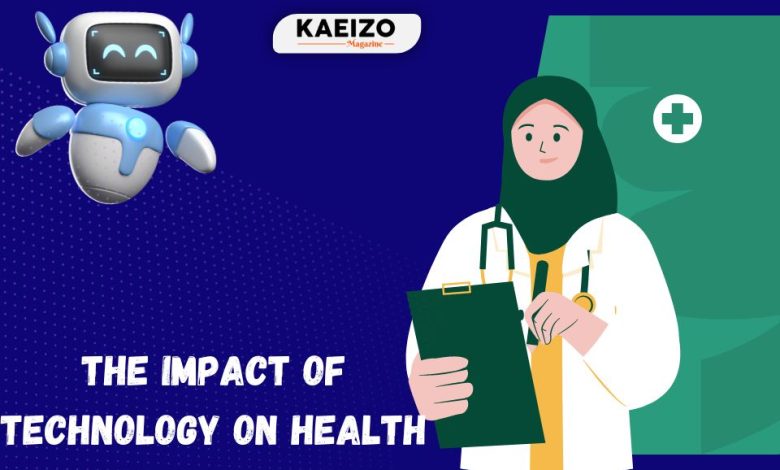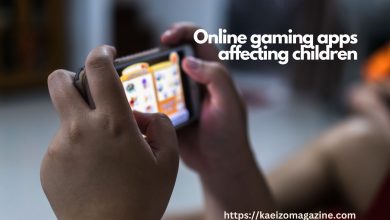
The impact of technology on health is multifaceted, bringing both positive advancements and some challenges. Here are key areas where technology has significantly influenced health:
Positive Impacts
- Telemedicine:
- Access to Care: Telemedicine allows patients to consult with healthcare providers remotely, improving access to medical care, especially for those in rural or underserved areas.
- Convenience: Patients can receive care without the need to travel, saving time and reducing the need for time off work.
- Chronic Disease Management: Telemedicine helps in regular monitoring and management of chronic conditions like diabetes and hypertension.
- Health Apps and Wearables:
- Fitness Tracking: Devices like fitness trackers and smartwatches monitor physical activity, heart rate, sleep patterns, and more, encouraging a more active lifestyle.
- Health Monitoring: Wearables can track vital signs and detect irregularities, prompting timely medical intervention.
- Mental Health Apps: Numerous apps provide resources for managing mental health, including meditation guides, stress management tools, and online therapy sessions.
- Electronic Health Records (EHRs):
- Improved Coordination: EHRs facilitate better communication and coordination among healthcare providers, leading to more integrated and efficient care.
- Data Accessibility: Patients and providers can easily access medical histories, lab results, and treatment plans, improving the accuracy and quality of care.
- Personalization: EHRs allow for personalized treatment plans based on comprehensive patient data.
- Medical Research and Innovation:
- Genomics and Personalized Medicine: Advances in technology have made it possible to analyze genetic information, leading to personalized treatment plans and targeted therapies.
- Robotics and Surgery: Robotic-assisted surgeries enhance precision, reduce recovery times, and minimize surgical risks.
- Artificial Intelligence (AI): AI and machine learning algorithms help in diagnosing diseases, predicting outcomes, and personalizing treatments.
Challenges
- Privacy and Security:
- Data Breaches: The increased use of digital health records and online health services raises concerns about data breaches and the security of sensitive health information.
- Privacy Concerns: The collection and sharing of personal health data by apps and wearables can lead to privacy issues if not properly managed.
- Digital Divide:
- Access Inequality: Not everyone has equal access to the latest health technologies, creating disparities in healthcare quality and outcomes.
- Technology Literacy: Older adults and those with limited technological skills may find it challenging to use telemedicine and health apps effectively.
- Over-reliance on Technology:
- Human Interaction: The rise of telemedicine and digital health tools may reduce face-to-face interactions between patients and healthcare providers, which can affect the quality of care and patient satisfaction.
- Self-Diagnosis: The availability of health information online and through apps can lead to self-diagnosis and self-treatment, which may not always be accurate or safe.




